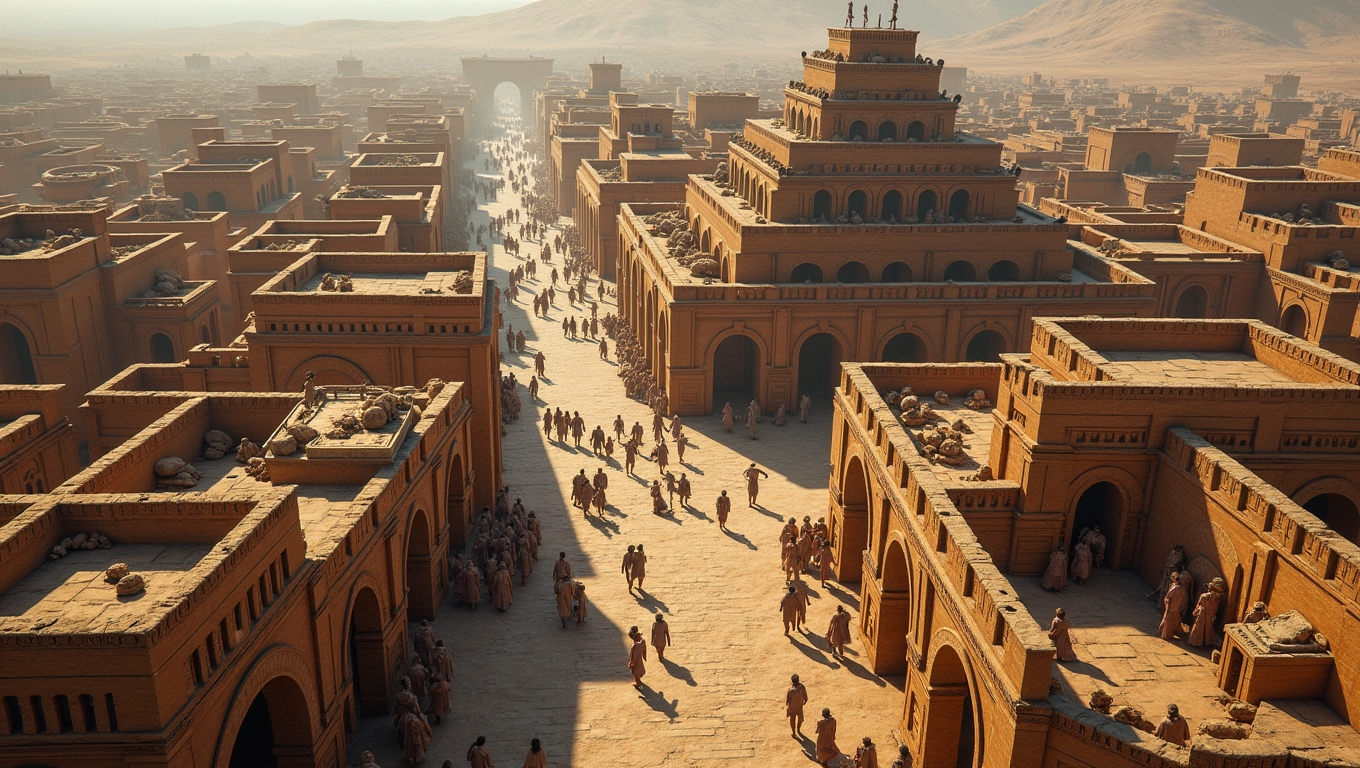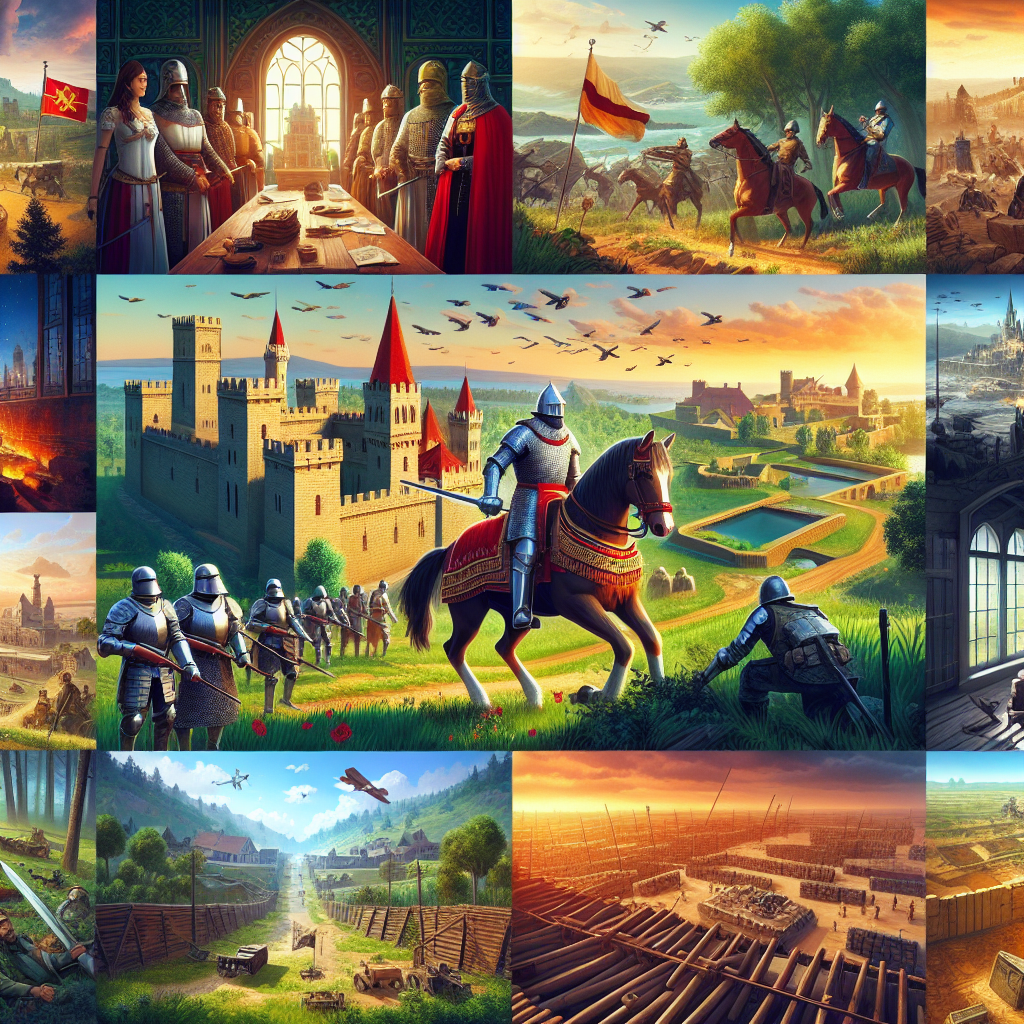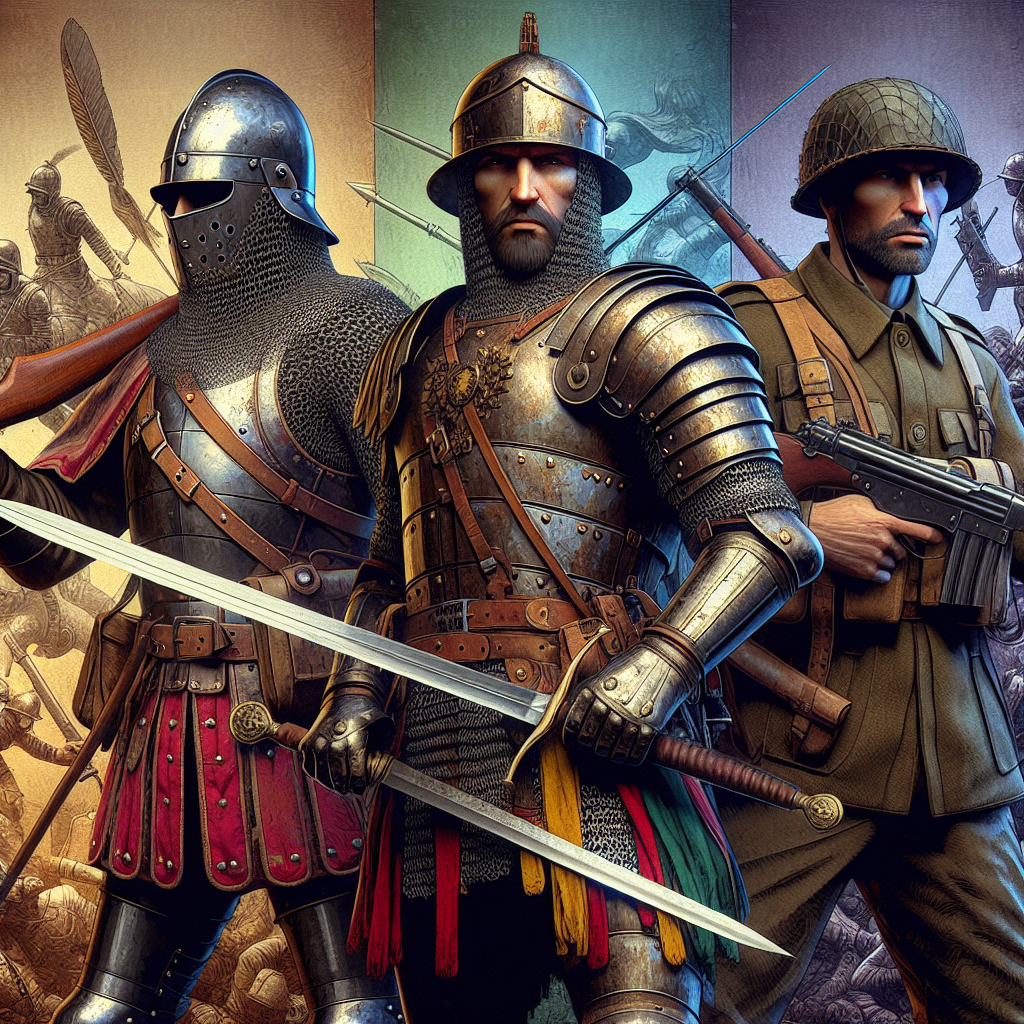In recent years, the intersection of technology and travel has given rise to a fascinating phenomenon: Gaming and Historical Tourism. As more travelers seek unique experiences, the gaming industry has stepped up to offer immersive journeys through time. This blend of entertainment and education is not only reshaping how we view historical sites but also how we engage with them.
The Rise of Virtual Historical Experiences
Gaming and Historical Tourism have become increasingly intertwined. Virtual reality (VR) games allow players to walk through ancient cities, witness historical events, and even interact with figures from the past. These experiences provide a deeper understanding of history while making learning enjoyable. With the advancements in technology, historical tourism is no longer limited to physical visits; now, anyone can explore the past from the comfort of their home.
Benefits of Gaming in Historical Education
One of the most significant advantages of integrating gaming into historical tourism is engagement. Traditional methods of learning about history can often feel dry and uninspiring. However, when history is gamified, it transforms into an interactive adventure. Players can take on roles, solve puzzles, and make decisions that impact the narrative, leading to a memorable experience.


Additionally, gaming provides accessibility. Individuals who may have physical limitations or financial constraints can still experience historical sites in a virtual environment. This democratization of access allows more people to appreciate and learn about history, fostering a greater appreciation for cultural heritage.
The Future of Travel: Merging Real and Virtual Worlds
As technology continues to evolve, the future of travel may see a more significant merging of real and virtual experiences. Imagine visiting a historical site and using an augmented reality (AR) app that overlays historical information or re-enactments onto the physical landscape. This kind of innovation can enhance understanding and create a more enriching experience for tourists.
Moreover, gaming companies are increasingly collaborating with historians and archaeologists to ensure accuracy in their portrayals of historical events and locations. This partnership can lead to more authentic representations of history, making gaming a valuable tool for education and tourism.
In conclusion, Gaming and Historical Tourism are set to become inseparable as technology advances. The potential for immersive experiences that educate and entertain is vast. Gamers, educators, and travel enthusiasts alike should embrace this evolution, as it has the power to change how we understand and experience history. As we look to the future, it is clear that gaming will play a pivotal role in shaping the landscape of historical tourism.
Some content and/or images on this page were created using AI.





